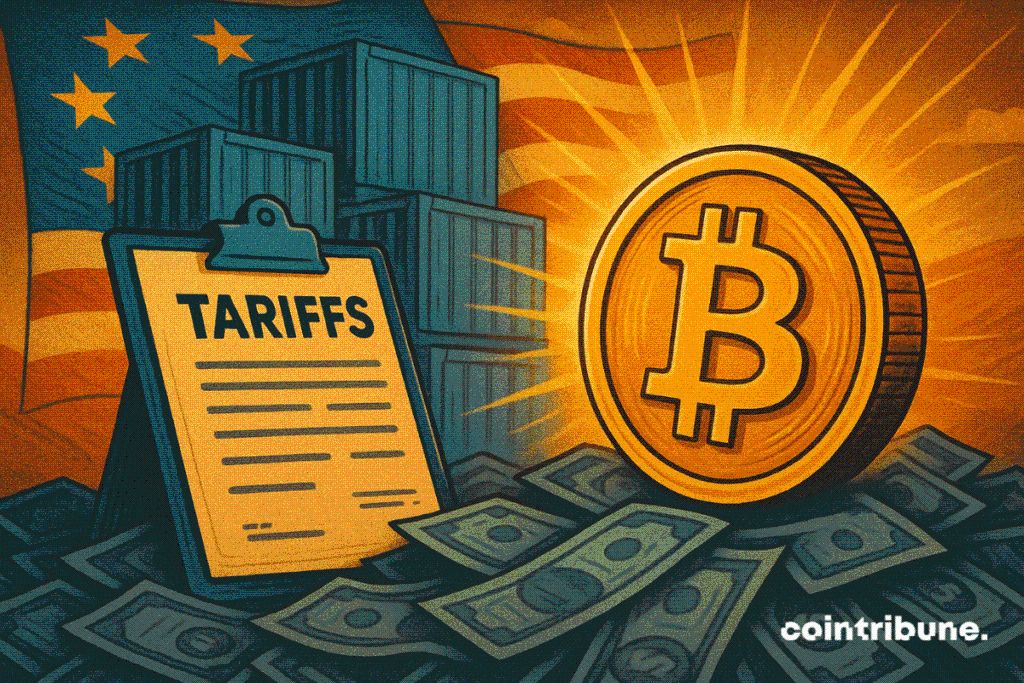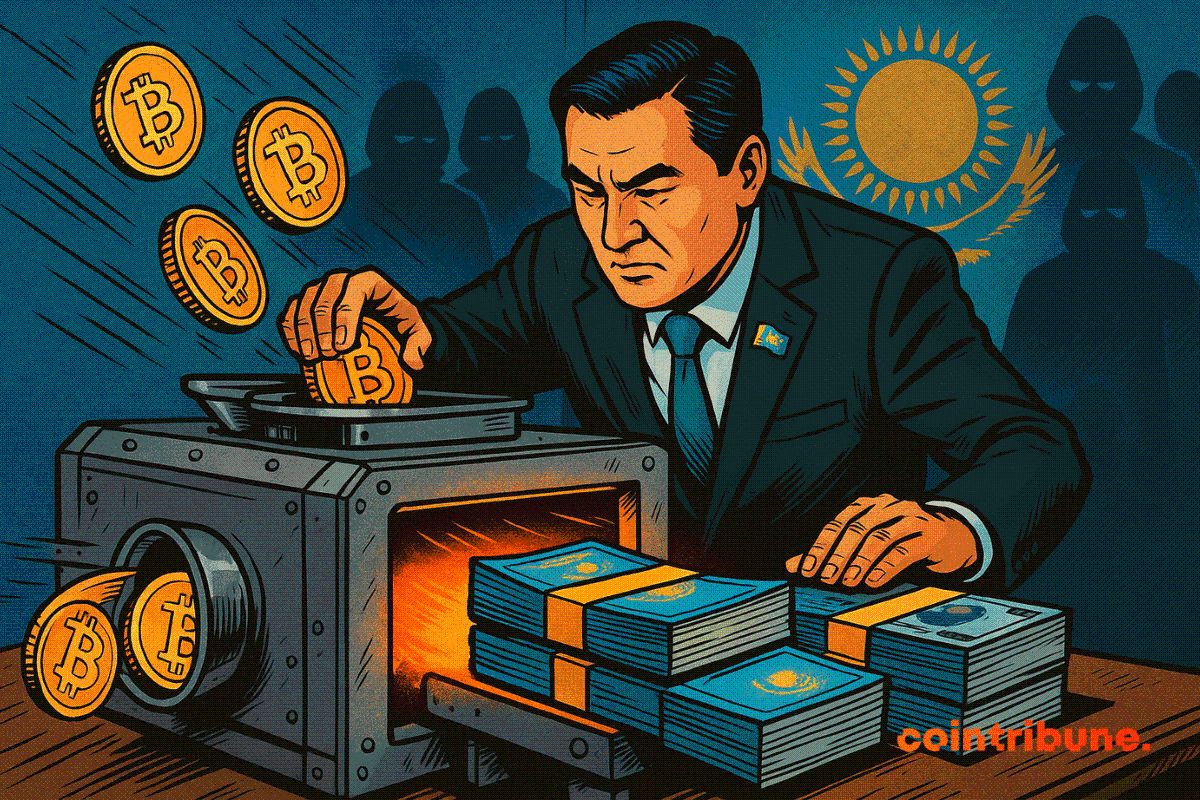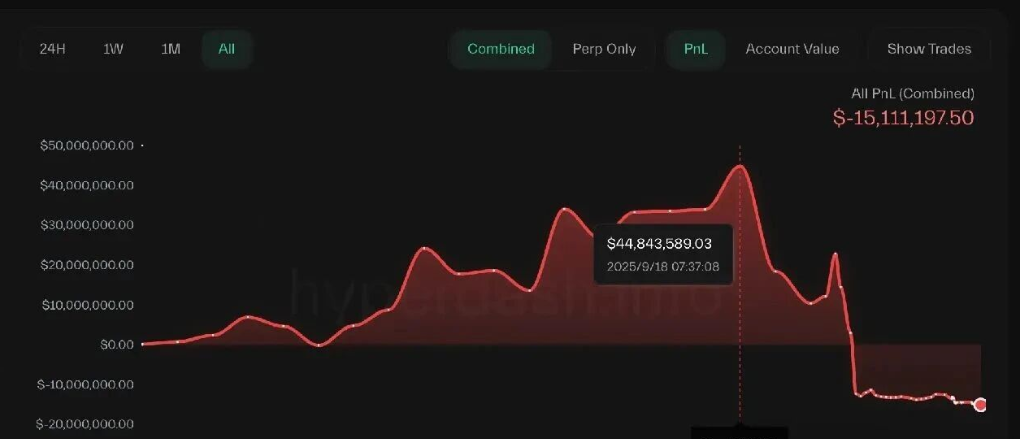Bitcoin Slides Below $115K as Tariff Shock Hits Markets
Bitcoin hit a three-week low early Friday as investors reacted to Donald Trump’s sweeping executive order on trade tariffs, triggering a broader sell-off across stocks and crypto markets.

In Brief
- Bitcoin fell to $114,250, its lowest price since June 11, after Trump’s new tariffs triggered market uncertainty.
- Over $630 million in long positions were liquidated in 24 hours as $110 billion exited spot markets.
- Despite the pullback, Bitcoin closed July with its highest monthly candle ever at $115,784.
What’s happening?
Bitcoin dipped to $114,250 on Coinbase during Asia trading hours, its lowest point since June 11, before recovering slightly. The drop puts Bitcoin down 6.5% from its July 14 all-time high of $122,800, and firmly below the $115,000-$118,000 range it had held for much of the past three weeks.
The decline came on the heels of Trump’s announcement late Thursday, in which he formalized a new slate of tariffs targeting Canada, Switzerland, Taiwan, Thailand, and others. While the White House finalized agreements with key allies — the EU, Japan, and the UK — markets were rattled by uncertainty surrounding the broader trade agenda. Nick Ruck, director at LVRG Research, said:
This week’s market dip reflects a mix of tariff deadline fear and broader macroeconomic uncertainty. While tariffs contributed to the pullback, the dump was likely exacerbated by profit-taking after recent ATHs, lingering geopolitical tensions, and U.S. macro uncertainty.
$630M in liquidations
According to CoinGlass, the sudden move liquidated more than 158,000 traders in 24 hours, totaling $630 million in losses, mostly from long positions. The sell-off also coincided with $110 billion in capital exiting the spot crypto market over just 12 hours.
Analysts now look to $111,000 as the next major support zone. A break below that could send Bitcoin into deeper correction territory, although many remain optimistic that the move is a healthy cooldown after months of gains. Henrik Andresson, CIO at Apollo Capital, said:
If a deal with China can be made, it would remove a lot of the current uncertainty. Until then, we’re likely to see more volatility across risk assets.
A mixed macro week
Ironically, the tariff news comes just days after the White House released a pro-crypto policy report, widely seen as a tailwind for the digital asset space. And despite the short-term turbulence, Bitcoin still posted its highest-ever monthly candle close in July, finishing at $115,784. That said, it wasn’t the largest monthly gain on record. That title remains with November 2024, when Bitcoin surged $26,000 in a single month following Trump’s election win.
Disclaimer: The content of this article solely reflects the author's opinion and does not represent the platform in any capacity. This article is not intended to serve as a reference for making investment decisions.
You may also like
Google Finance Integrates AI and Prediction Market Data for Smarter Insights

Kazakhstan launches a billion-dollar crypto fund with seized assets

Ripple Avoids Wall Street After SEC Victory

The Story of Brother Machi's "Going to Zero": Just Be Happy

